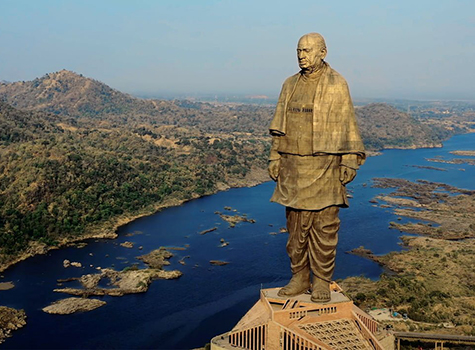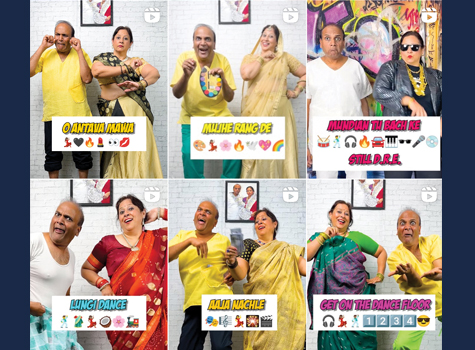By Krithika Velappan

As a society, we are constantly evolving. Today, our world is not how it was ten years ago and ten years from now, it will not be how it is today. But the one of the things that has created a constant impact on how society is shaped is cinema. Across all its languages, the Indian cinema industry has created a vast movie-lover public, who form fan clubs for their favorite heroes and heroines and spend their time and money to go see them on the big screens. But is society being shown through an unrealistic lens?
When we hear the movie Pushpa, the first thing that comes to our minds is the “Saami” song. But in terms of the movie, it reeked violence and rowdyism in almost every scene. Movies like this engage in adulation of those scenes and the act of it- indirectly stating that it is “cool” to cause harm to others’ lives. Although filmmakers may defend that they are only giving off this message for the purpose of the movie, their movie is being played in thousands of screens to millions of people all around the world. The takeaway from movies like this happens to be that okay to be just like the hero (and rowdy) because he is glorified throughout the entire movie. This leads to many wrongful acts happening in our world today. Young children and adolescents, who think of Allu Arjun and heroes like him as an idol, tend to commit unethical acts that they may not have been so prone to doing if they didn’t see their hero doing it on screen.
Also, it’s not just Allu Arjun or the Pushpa movie. All the popular actors across all the Indian languages have acted in at least one movie in their career in which they portray a character who is the leader for many crimes and wrongdoings: they’ve taken part in an entire movie full of violence.
However, the movie Shershaah was one in recent times that beautifully reflected true society. Although it was based on the true war hero and his journey leading his team to victory, many of the characters and emotions that were portrayed in the film could be resonated with on a larger level, meaning they could be applied to all aspects of life. Some of the film’s highlight scenes like falling in love, a strong family bond, the taste of success, and losing a loved one, were all shown in a light that perfectly balanced a realistic and cinematic point of view.
Obviously, cinema will dramatize life. If it didn’t, every movie’s screenplay would be exactly what happens in your own homes. What’s the fun in that? All the cinema industries produce films to provide the audience with “an escape from reality.” The couple of hours that you sit and watch a film might be only time in the twenty-four hours of the day that you don’t think about what needs to be done or what’s on your to-do list. But there is a fine line between dramatizing and overexaggerating, a line that not every filmmaker knows how to utilize.
The genre of the movie and how well it depicts society are not related to one another. Just because a movie is action-oriented, it doesn’t mean that it automatically is an unrealistic depiction. There are many action films that have done an honest rendering of society, films like Dangal, Vikram Vedha, and Bahubali. On the contrary, films like Arjun Reddy and Sooryavanshi may have been classified as “box office hits” but didn’t score too high in film reviews on its accuracy of life.
Films that are overdone can’t be blamed entirely on the filmmakers. But there is some responsibility that they hold on to their side to ensure their movie displays the world around them accurately. Movies should both represent society in its truest form and have morally good characters. The main hero can be of a negative shade, but it needs to be made clear that it is not acceptable or “macho” to not abide by any laws or regulations and engage in criminal activities. Similarly, we, as the movie-goer audience, also hold our own level of responsibility. Just because something is shown on screen, it doesn’t mean that we need to blindly follow that. It is the same as a popular saying, “so if your friend jumps off a cliff, will you do the same”; we need to think about what we feel is ethically correct as per our standards. If we can focus less on the desire to “live” inside the movie we’re watching, we can divert our focus more on just simply enjoying our favorite film celebrities who will be entertaining us for the rest of time- while peacefully going about the rest of our lives.
Krithika Velappan is a junior studying for a BBA degree at NC State University. She has been interested in writing since elementary school. Contact: krithika.velappan@gmail.com



